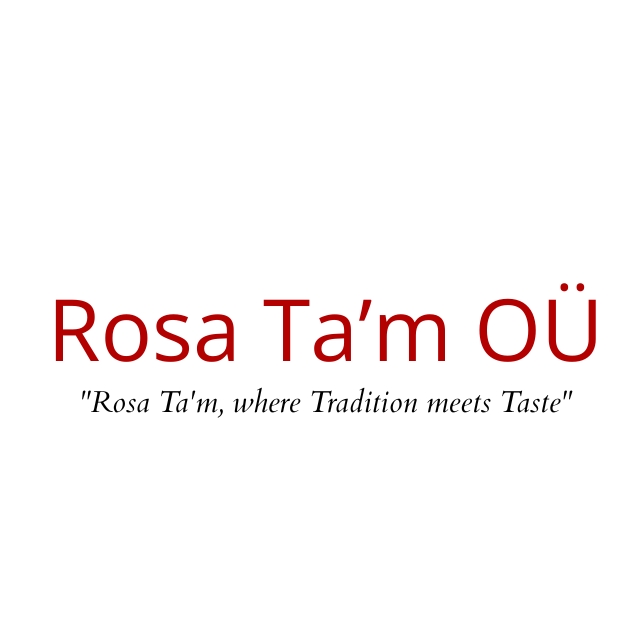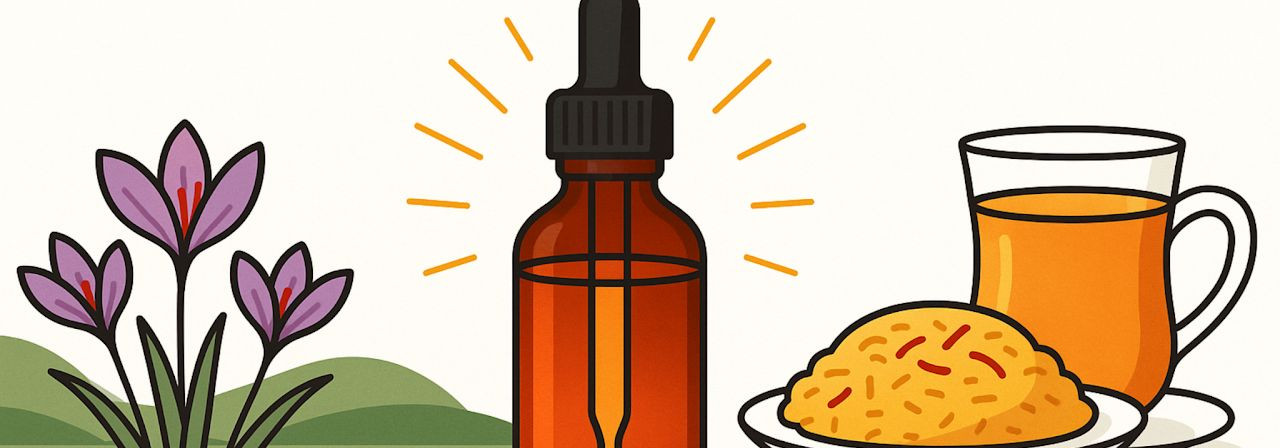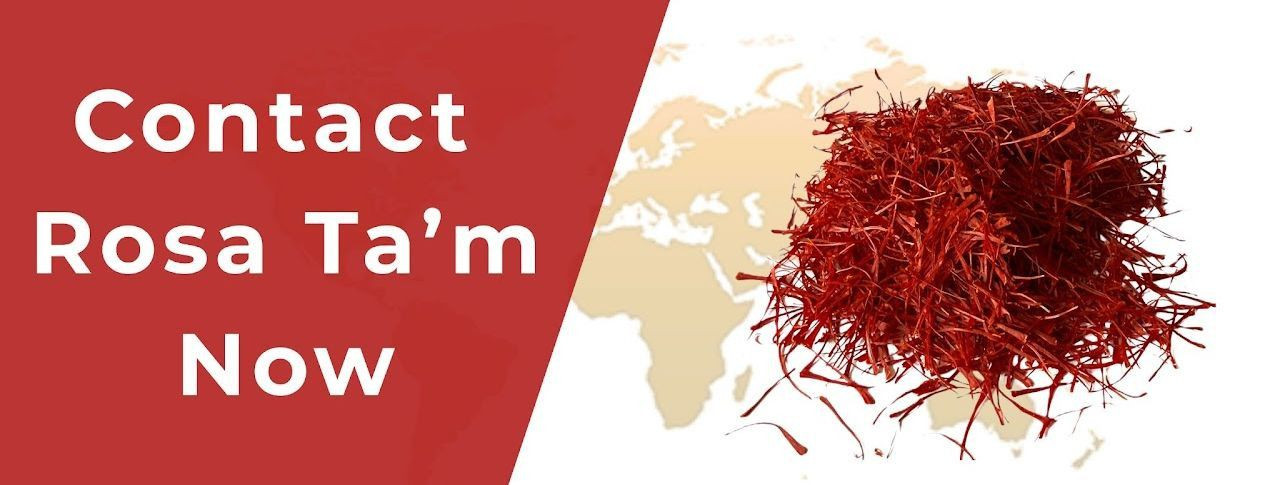How to use saffron in gourmet cooking
Saffron is a highly prized spice derived from the flower of Crocus sativus, commonly known as the 'saffron crocus.' Each flower contains three vivid crimson stigmas, which are carefully harvested and dried to create the saffron spice. Known for its distinct flavor, aroma, and color, saffron is often referred to as 'red gold' due to its high value and labor-intensive harvesting process.
Saffron has been used for thousands of years across various cultures for culinary, medicinal, and ceremonial purposes. Its origins trace back to ancient Persia, where it was revered for its vibrant color and unique flavor. Over time, saffron spread to other regions, becoming a staple in Mediterranean, Middle Eastern, and Indian cuisines.
The Unique Characteristics of Saffron
Saffron is renowned for its complex flavor profile, which is both sweet and slightly bitter. It imparts a subtle earthy taste with floral undertones, making it a versatile ingredient in both savory and sweet dishes.
The aroma of saffron is unmistakable, characterized by a rich, honey-like fragrance with grassy notes. Its vibrant golden-yellow hue is a result of the carotenoid pigment crocin, which is released when saffron is infused in liquid.
Selecting High-Quality Saffron
To ensure you are purchasing authentic saffron, look for deep red threads with orange tips. Genuine saffron should have a strong aroma and a slightly bitter taste. Be wary of artificially colored or powdered saffron, as these may be adulterated.
Saffron is graded based on its color, flavor, and aroma. The highest quality saffron, known as 'Super Negin,' consists of the topmost part of the stigma and is prized for its potency. Other grades include 'Sargol' and 'Pushal,' which contain more of the stigma and are less intense in flavor.
Preparing Saffron for Cooking
To preserve the quality of saffron, store it in an airtight container away from light and moisture. This will help maintain its flavor and aroma for up to two years.
Before using saffron in cooking, it is essential to release its full flavor and color. This can be achieved by soaking the threads in warm water, milk, or broth for at least 20 minutes. Alternatively, you can grind the threads into a fine powder using a mortar and pestle.
Incorporating Saffron in Gourmet Dishes
Saffron can elevate simple appetizers such as saffron-infused hummus or saffron aioli, adding a luxurious touch to your gourmet spread.
In main courses, saffron is often used in rice dishes like paella and risotto, where it imparts its signature color and flavor. It also pairs well with seafood, chicken, and lamb, enhancing the overall taste of the dish.
Saffron's sweet notes make it a perfect addition to desserts such as saffron panna cotta, ice cream, or traditional Indian sweets like kheer and gulab jamun.
Health Benefits of Saffron
Saffron is rich in antioxidants, including crocin, crocetin, and safranal, which contribute to its health-promoting properties. It also contains vitamins and minerals such as vitamin C, manganese, and iron.
Research suggests that saffron may have several health benefits, including mood enhancement, improved memory, and potential anti-cancer properties. It is also believed to aid in digestion and promote heart health.
Saffron in Global Cuisines
In Mediterranean cuisine, saffron is a key ingredient in dishes like bouillabaisse and Spanish paella, where it complements the flavors of seafood and spices.
Middle Eastern cuisine often features saffron in dishes such as Persian saffron rice and Moroccan tagines, where it adds depth and richness to the flavors.
In Indian cooking, saffron is used in biryanis, curries, and desserts, where it enhances the aromatic and flavorful profile of the dishes.
Tips for Cooking with Saffron
When cooking with saffron, use it sparingly to avoid overpowering the dish. A small pinch is often sufficient to impart its flavor and color. Avoid using metal utensils when preparing saffron, as they can alter its taste.
To maximize the flavor of saffron, pair it with complementary ingredients such as citrus, vanilla, and cardamom. These combinations can enhance the overall taste and aroma of your gourmet creations.
Contact ROSATAM OÜ today to explore our premium saffron offerings and elevate your gourmet cooking experience!






Comments (0)